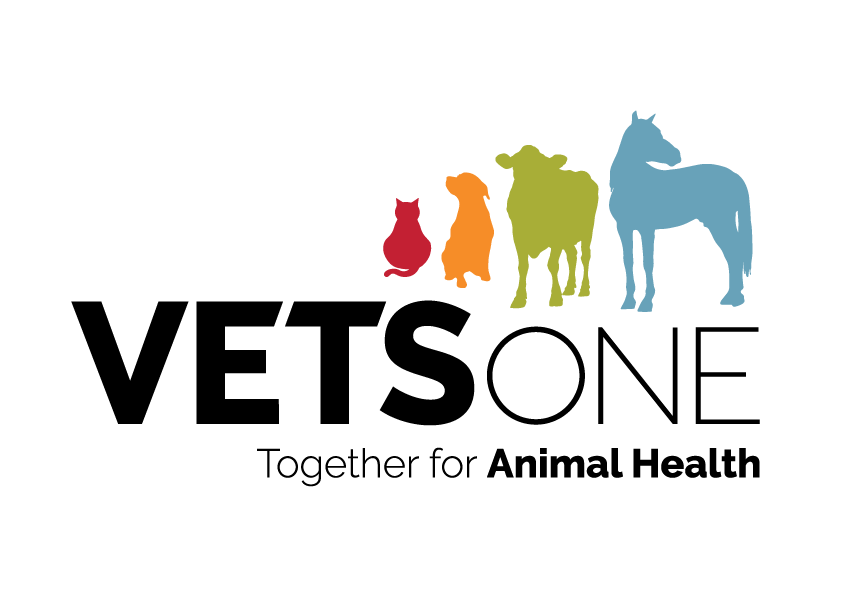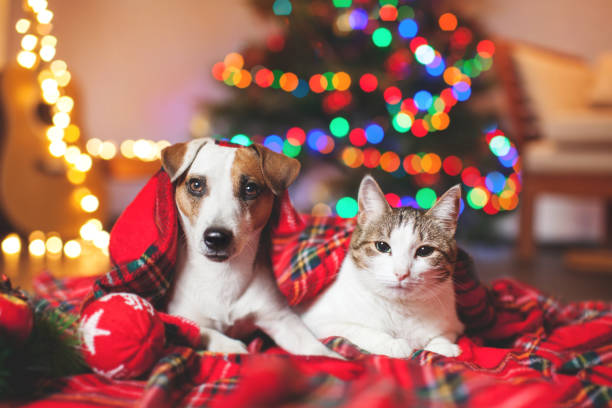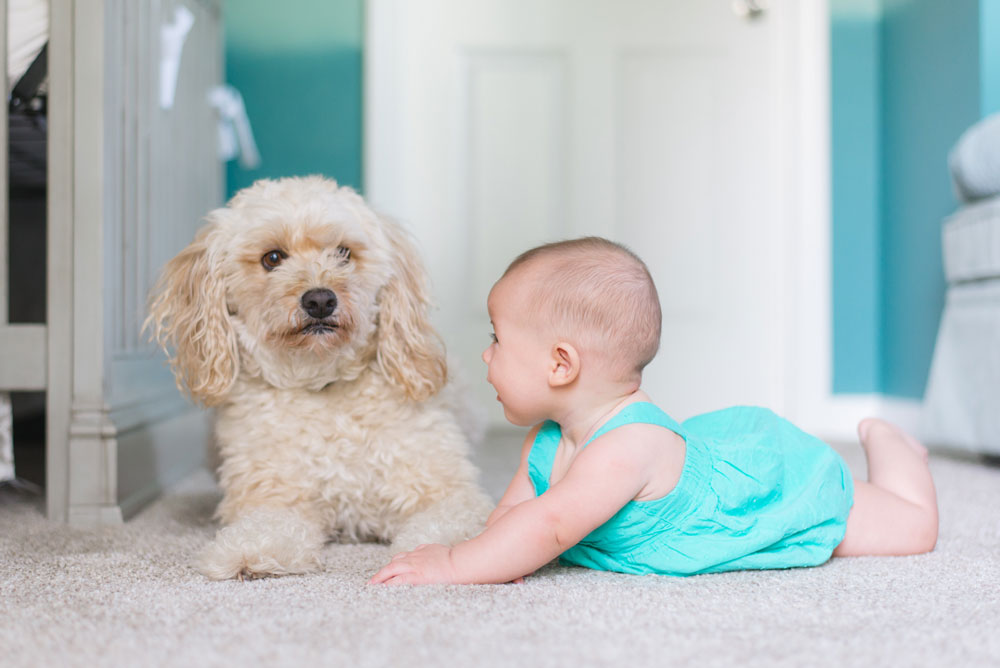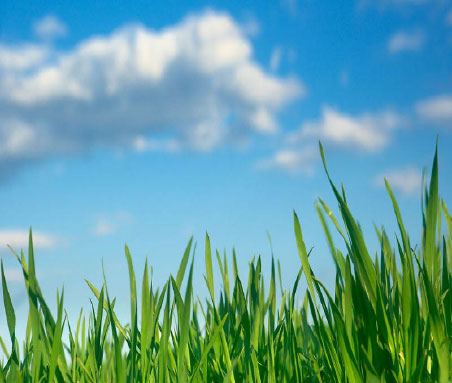Along with the usual dangers of the hot Hawkes Bay summers, including hot concrete, leaving animals in hot cars, heat stroke at the beach or river and the infamous barley grass seeds, there are also dangers relating to the festive season that pet owners need to be aware of.
Many of the common foods, treats and snacks that we enjoy as part of our holiday celebration can be dangerous to our pets. Animals digest and metabolise food differently to humans, so what might be perfectly fine for us may be poisonous to them. Stay mindful of pets when cooking and eating foods this festive season, so as a rule, no human food for pets over the Christmas period. If any of the below happens seek medical advice immediately.
Festive foods that are dangerous for pets:
- Onions, Garlic & Chives – Poison Risk – These contain thiosulphate, which cannot be properly digested by cats and dogs. This can build up in the blood and cause a reaction with red blood cells resulting in their rupture.
- Alcohol & Caffeine – Poison Risk – Slower metabolism results in cats and dogs being more sensitive to their effects. Most notably increased blood pressure, increased stress to the heart, and tremors or seizures.
- Chocolate – Extreme Poison Risk – Contains theobromine, a compound similar to caffeine which can cause vomiting, diarrhoea, increased stress to the heart, tremors or seizures and can be fatal.
- Fruit Cake, Fruit Mince Pies & Christmas Pudding – Severe Poison Risk – Grapes, raisins and sultanas are toxic to cats and dogs. It has been recently found that Tartaric Acid is at fault which can cause lethargy, excessive thirst, vomiting and sudden onset kidney failure which in serious cases can be fatal. Even one raisin can be a serious concern.
- Macadamia Nuts – Poison Risk, Medical Risk – Toxic compounds can cause vomiting, weakness, fever and tremors if eaten by dogs. These nuts are also high in fat which can cause internal irritation, most commonly inflammation of the pancreas (pancreatitis), resulting in lethargy and vomiting.
- Xylitol (a common ingredient in sugarless treats and sugarless gum) – Severe Poison Risk – In dogs, even small amounts cause low blood sugar, seizures, liver failure and can be fatal in severe cases.
- Avocados – Poison Risk, Medical Risk, Surgical Risk – The leaves, fruit, seeds and bark contain Persin, which can cause vomiting and diarrhoea in dogs, and more serious symptoms in other animals. Birds, horses and rodents are especially sensitive to avocado toxicity. The bigger risk to cats and dogs is choking or blockage if the pit or stone is swallowed and the risk of pancreatitis in dogs due to the high fat content.
- Stones and pips of peaches, plums, persimmons, and apples – Severe Poison Risk, Medical Risk, Surgical Risk – These contain a substance that degrades to cyanide, which can cause drooling, vomiting, tremors and seizures. Can be fatal if broken seeds are eaten. The stones of peaches and plums are also a choking hazard that can cause blockages and damage to the intestine.
- Sweetcorn Cobs – Medical Risk, Surgical Risk – These can cause choking and blockages in the small intestine that may need to be removed surgically.
- Turkey skin, Pork crackling, Sausages & Fatty meats – Medical Risk – These can lead to pancreatitis in dogs and cause symptoms such as vomiting and bloody diarrhoea.
- BBQ Kebab sticks – Surgical Risk – These can easily be swallowed accidentally by a dog when steeling a bit of meat left on the kebab. Once swallowed, kebab sticks have a high instance of perforating tissues such as the stomach, intestines and the diaphragm which requires urgent surgical attention.
- BBQ Bones – Surgical Risk – Cooked bones, especially sheep and chicken, are brittle and easily broken into sharp pieces. This poses a significant risk when swallowed as these can cause damage to the stomach and intestines and may become stuck requiring surgery.
Tips for pet friendly decorating:
- Secure your Christmas tree safely to the floor, wall or ceiling so it cannot be easily tipped over.
- Use battery or solar powered candles instead of open flame.
- Avoid glass or china decorations that can shatter if disturbed or chewed on.
- Keep small decorations out of reach of pets.
- Use plastic LED Christmas lights that are cool to the touch, durable, and energy efficient.
- Cover and contain cords using plastic covers or tape.
- Unplug lights and other electronic decorations when you’re not home.
- Avoid tinsel decorations in households with cats.
- Avoid placing presents containing food items under the Christmas tree.
- Keep Christmas paper contained while unwrapping Christmas presents.
- Christmas lilies are highly toxic to cats, best avoided.
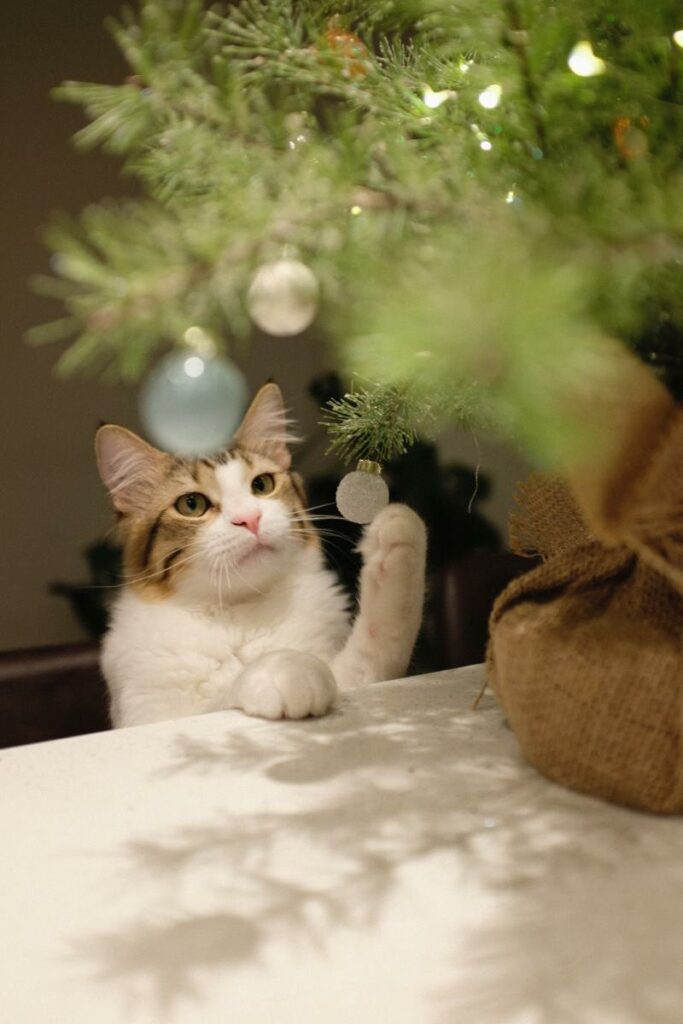

If you think your pet has consumed something dangerous, contact the clinic immediately on 06 878-8666
